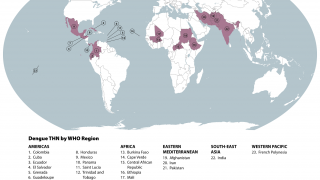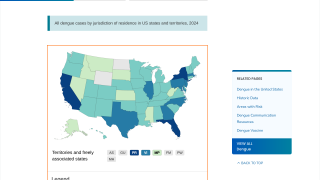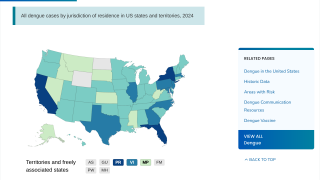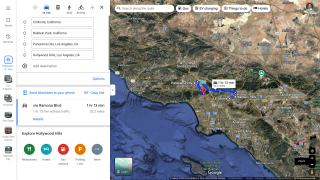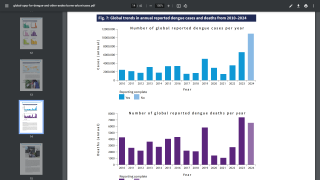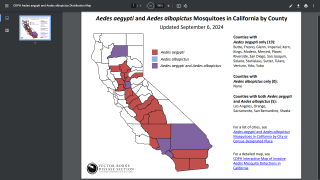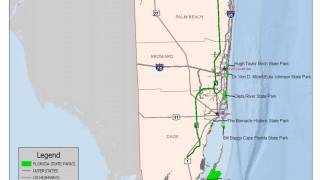France’s Réunion Island Dengue Outbreak Intensifying
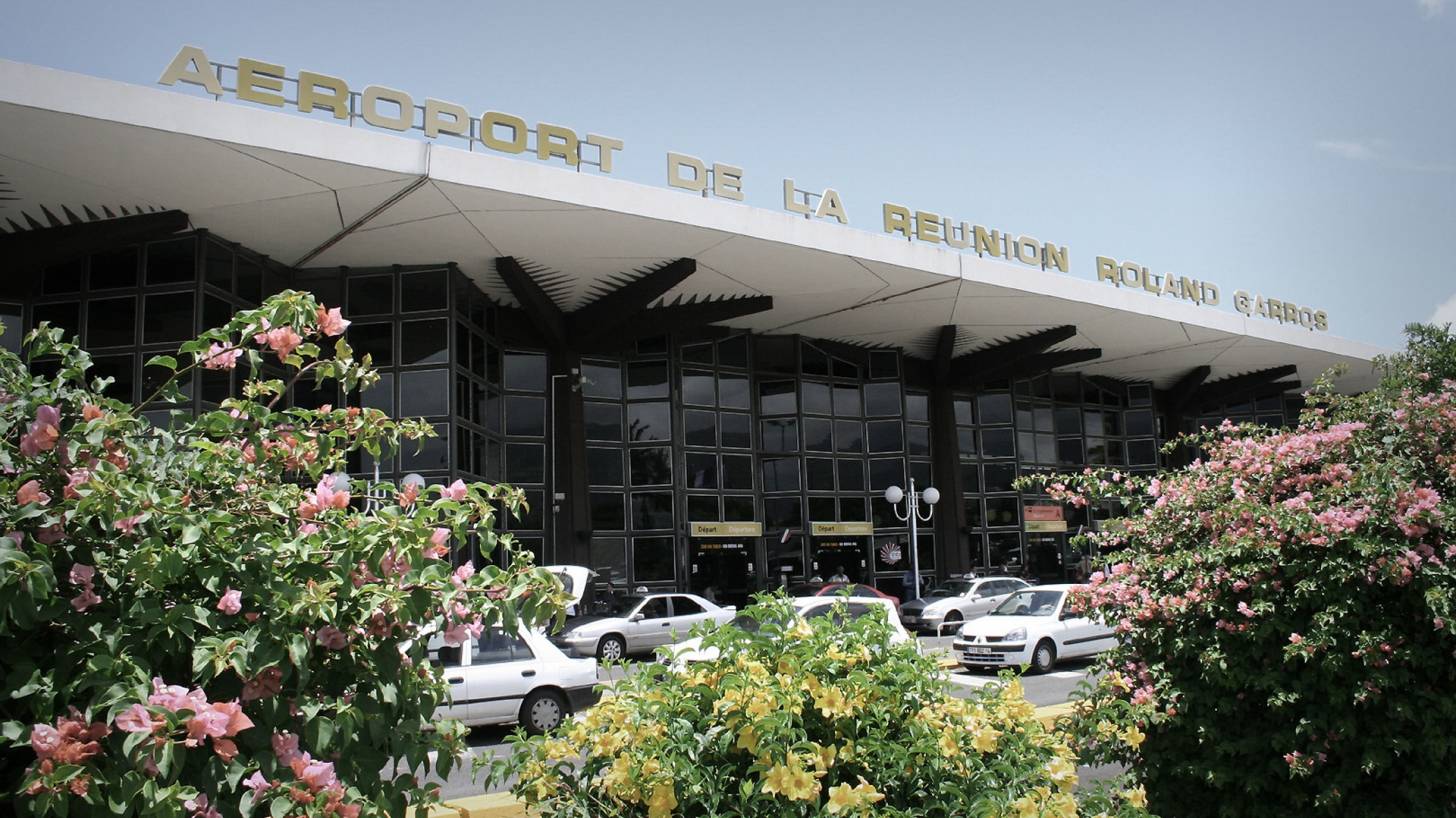
According to the World Health Organization (WHO) authorities, France’s Réunion Island is reporting a significant increase in Dengue virus cases during 2019.
From January through April 30, 2019, over 7,700 confirmed dengue cases out of 22,000 probable cases, have been reported by the WHO.
Overall, 14 deaths related to dengue infections have been reported since 2018.
Since 2017, the most commonly reported Dengue serotype was DENV-2. However, as of April 2019, 14 locally acquired cases of DENV-1 have been reported.
The WHO says there is currently no specific treatment for dengue fever. However, prompt diagnosis and management can significantly reduce mortality rates from severe dengue.
The southern parts of Réunion Island are the most affected areas, with dengue cases reported in Etang-Salé, Les Avirons, Saint-Joseph, and Petite-Ile Saint-Louis.
Located in the Indian Ocean, about 800 km east of Madagascar, Réunion Island together with Mauritius and Rodrigues, form the Archipelago of Mascareignes.
Both dengue virus vectors, Aedes aegypti, and Aedes albopictus mosquitoes are currently found on Réunion Island.
This is very concerning news since Réunion Island is a popular tourist destination and the current outbreak increases the likelihood of exporting dengue virus to other countries.
During 2017, 507,563 tourists and 43,276 cruise passengers visited Réunion Island.
The good news is the WHO has not confirmed any dengue cases in continental Europe so far in 2019.
During July 2018, Réunion Island authorities raised the level of emergency risk of the civil security plan to level 4, corresponding to a medium-level epidemic.
This risk level is still valid to date, says the World Health Organization (WHO).
The WHO says the recent upsurge in dengue cases could be partly explained by:
- an increase in the viral load of asymptomatic cases over the threshold values of infectivity for mosquito vectors
- lack of herd-immunity in the local population for the prevailing serotype, but also for other co-circulating serotypes, thus favoring further transmission of the virus
- co-circulation of different serotypes may result in more severe hemorrhagic fever cases and an increase in deaths, in particular among secondary cases. Dengue is caused by one of any of four related viruses. For this reason, a person can be infected with a dengue virus as many as 4 times during a lifetime.
Separately, on April 2, 2019, the US Centers for Disease Control and Prevention (CDC) said a dengue outbreak in Réunion has been declared by local health authorities.
As of May 1, 2019, 82 dengue cases were reported in the USA, and the US Territories reported 3 dengue cases.
To know where there are active dengue outbreaks, the CDC has issued Travel Alerts related to dengue and continues to update its ‘maps.’
Recently, on May 1, 2019, Dengvaxia became the first vaccine approved in the USA for the prevention of dengue disease in people ages 9 through 16, who have laboratory-confirmed previous dengue infection, and who live in endemic areas caused by all dengue virus serotypes.
Dengvaxia has already been approved in 19 countries and the European Union.
Travel vaccination and medication counseling sessions can be easily scheduled at Vax-Before-Travel.
Our Trust Standards: Medical Advisory Committee



